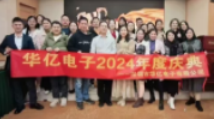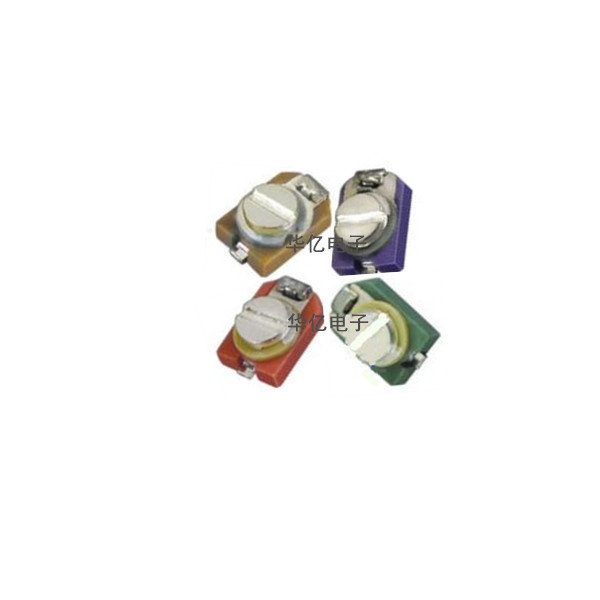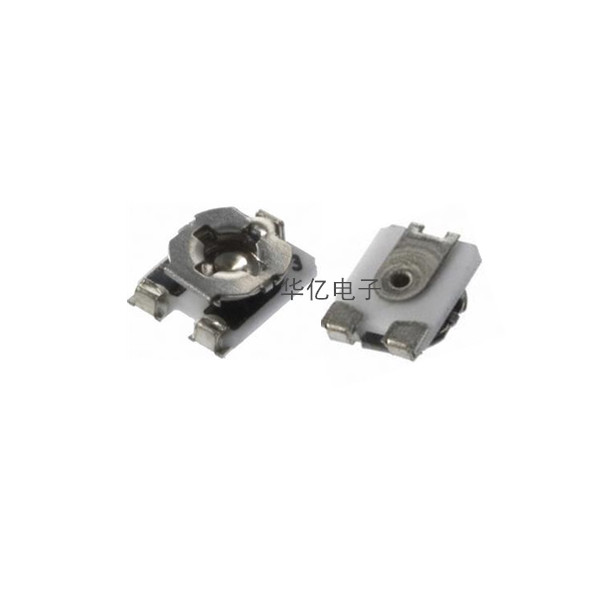The US government has recently introduced a series of tariff measures, and its policy uncertainty has caused severe fluctuations in the international financial market, impacting the prospects for global economic growth. Experts and industry insiders in the Middle East believe that the unilateral approach of the United States seriously disrupts the world economic and trade order, including the Middle East, and will also severely damage the US economy. The increasingly tense global trade situation has prompted some Middle Eastern countries to seek more diverse economic and trade partnerships.
An article published on the official website of the Jordan Strategic Research Forum pointed out that the US tariff policy may lead to a loss of control over the US economy, the world economy, and international trade relations, and it is difficult to correct. The imposition of tariffs not only has an impact on capital flows and international trade, but may also trigger the most severe economic crisis since 2008.
The website of Algeria's "Fatherland Daily" published a commentary article comparing the US government to "economic and political war profiteers", believing that the US sees the world as a jungle of the jungle where the strong prey on the weak, and its tariff policies ignore established rules and recognized bottom lines, causing a huge impact.
According to the Lebanese National News Agency, the US tariff measures lack fairness and not only undermine international trade rules, but also impact global supply chains. In the current context of many uncertainties facing the world economy, this approach will further increase the risk of development and ultimately damage the common interests of the people of all countries, including the United States.
According to the public opinion survey recently released, more than half of Americans are dissatisfied with the imposition of tariffs by the United States, believing that it will harm the American economy and bring negative effects on daily life.
Jordan's "Tomorrow's Daily" cited the views of several local trade service industry experts, who believe that the United States raising tariffs may lead to a global economic recession, especially for the transportation, shipping, and customs clearance industries. Jordan Shipping Association President Duraid Mahasnay stated that the US tariff decision has caused economic losses to multinational companies and severely impacted global stock markets. Due to the rise in global commodity prices, purchasing power and activities such as trade, shipping, and customs clearance have been reduced.
Sant Manukiyan, financial analyst of Türkiye Industrial Bank, said in an interview that tariff measures highlight the high uncertainty of US trade policies, which not only affects the stability of the global market, but also increases the risk of enterprises and investors. He said that frequent adjustments in US trade policies are weakening its relationships with trading partners and exacerbating international market turbulence. These uncertainties may weaken the United States' ability to attract foreign investment, making it difficult to achieve the expected target of foreign investment inflows.
UAE economist Abdulrahim bin Ahmed told reporters that the so-called "equivalent tariffs" imposed by the United States cover a wide range and are exacerbating global trade tensions. Some Middle Eastern countries may reassess their dependence on US trade and seek more diverse economic and trade partnerships.
Ahmed said that industries such as aluminum, petrochemicals, and manufacturing, which are highly dependent on US exports in the Middle East, may be greatly impacted by the US's so-called "reciprocal tariff" policy. At the same time, the cost of "Made in America" may increase due to tariff measures, which could push up the prices of imported American products in the Middle East or bring imported inflationary pressure.







